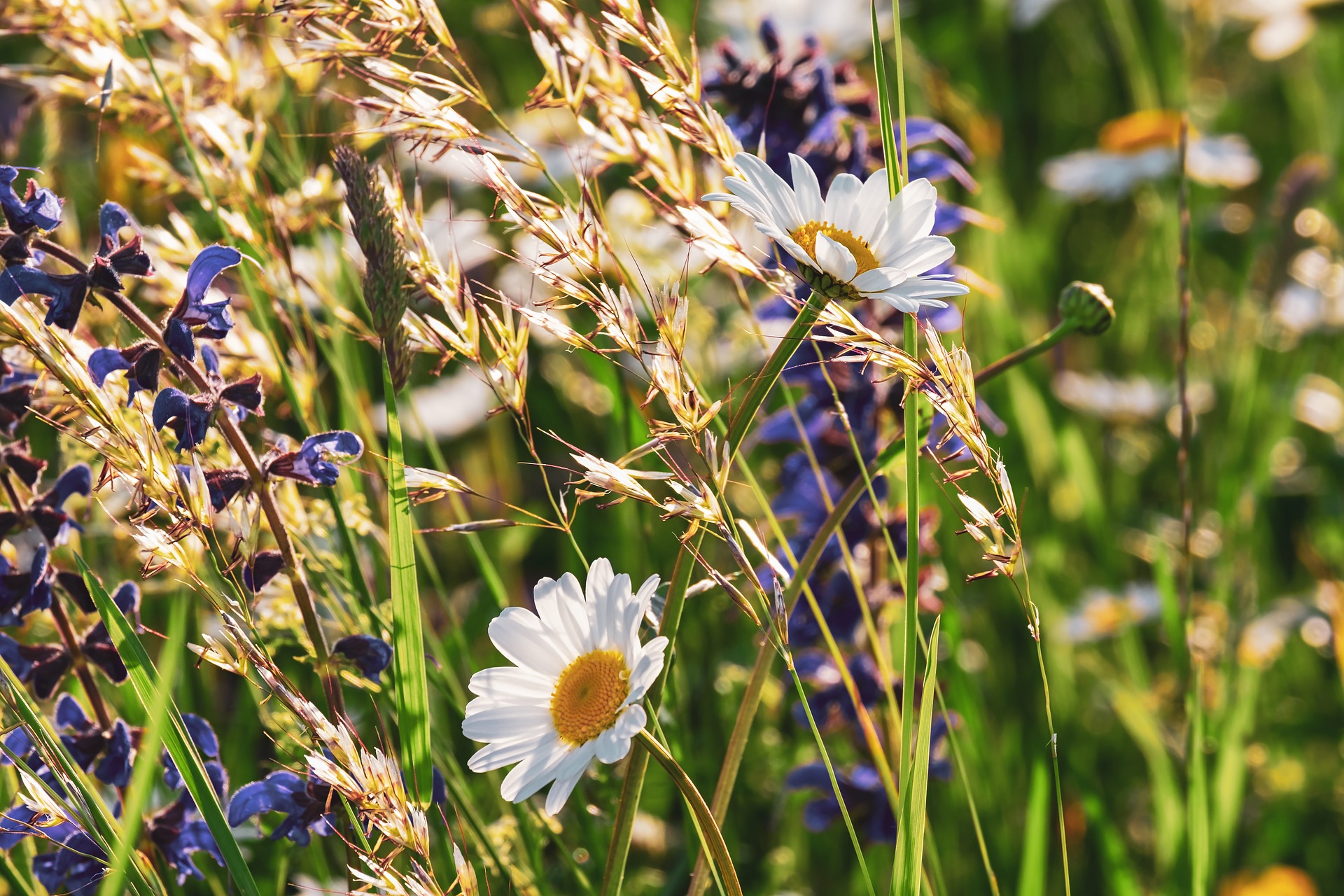
International Day of the World’s Indigenous Peoples -- 9 August 2021
Although indigenous peoples constitute 6.2 per cent of the world population, they represent the most significant portion of global linguistic and cultural diversity. Indigenous peoples’ livelihoods depend on biodiversity.
Indigenous peoples and local communities are often at the forefront of conservation efforts, but are disproportionally affected by biodiversity loss. To protect the web of life on Earth, the full and effective participation of indigenous peoples and local communities is critical in all decision-making.
The theme, "Leaving No One Behind: Indigenous peoples and the call for a new social contract" speaks directly to the heart of the Convention and to the development of the post-2020 global biodiversity framework. A social contract refers to written or unwritten agreements, inspired by values which speak to all those it addresses. In many cases, such agreements detail the purpose and sequence of steps to meet shared values.
Building a social contract involves listening to all involved, to find points of common ground. Likewise, the development of the post-2020 global biodiversity framework is a place of common ground where nature is valued by all.
Indigenous peoples and local communities cultivate a relationship with their lands that intertwines daily practices and knowledge with spiritual values. This relationship nurtures both cultural and biological diversity; for example, indigenous peoples food practices ensure sustainable use of biodiversity while entrenching ethical values around food.
The bio-cultural approach teaches us that cultural and biological agendas are complementary.
Indigenous peoples’ expert inputs and aspirations give us important direction on re-imagining our relationship with our planet’s future. At the local level, indigenous territories and lands are examples of efficient conservation areas for nature and culture.
It’s time to listen. It’s time to talk. It’s time to act collectively for nature.
More information:
Traditional Knowledge, Innovations and Practices
Re-watch: Third Global Thematic Dialogue for IPLCs on the Post-2020 GBF
The third Global Thematic Dialogue for Indigenous Peoples and Local Communities on the Post2020 Global Biodiversity Framework was organized in partnership with the International Indigenous Forum on Biodiversity (IIFB) and with the generous support of the Campaign for Nature.
The event is aimed at enhancing the participation of indigenous peoples and local communities in the post-2020 global biodiversity framework. The purpose of the third Dialogue is to provide an opportunity for indigenous peoples and local communities and Parties to exchange views on the first draft of the post-2020 global biodiversity framework, in advance of the third meeting of the Working Group on the Post-2020 Global Biodiversity Framework, scheduled to be held from 23 August to 3 September 2021. The discussion will focus on the following matters:
(a) Identifying and discussing key legal, policy, and institutional issues related to traditional knowledge, customary sustainable use, and matters affecting indigenous peoples and local communities in the first draft of the post-2020 global biodiversity framework;
(b) Promoting dialogue and building bridges among indigenous peoples and local communities, regional and Party representatives, and the Co-Chairs of the Open-ended Working Group on the development and implementation of the post-2020 global biodiversity framework.
Sessions on 2 August and 3 August were closed to the public. No video will be made available.
Items discussed:
- Update on the post-2020 global biodiversity framework
- Traditional knowledge in the first draft of the post-2020 global biodiversity framework (Target 20)
- Customary sustainable use in the first draft of the post-2020 global biodiversity framework (Targets 4, 5, 9, 10)
Items discussed:
- Commemoration of the International Day of the World’s Indigenous Peoples (9 August)
- The contribution of the lands, territories and waters of indigenous peoples and local communities towards area-based conservation targets in the first draft of the post-2020 global biodiversity framework (Targets 3, 1, 2)
- Equitable participation in the first draft of post-2020 global biodiversity framework (Target 21)
- Remaining targets in the first draft of the post-2020 global biodiversity framework (Target 19 and others)